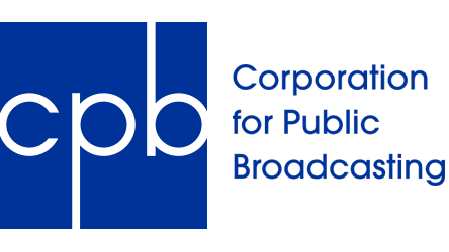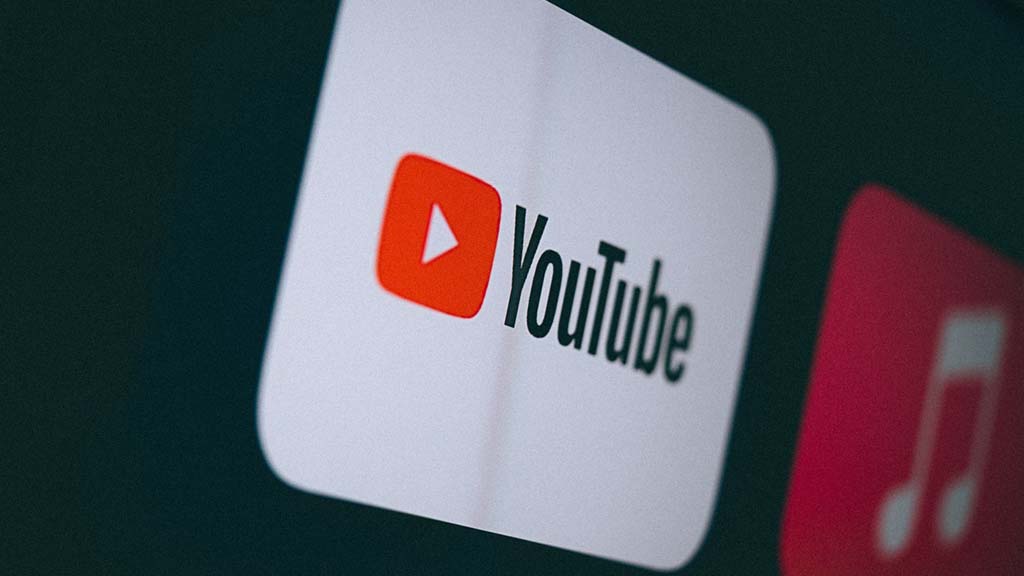
The professional video industry's #1 source for news, trends and product and tech information. Sign up below.
You are now subscribed
Your newsletter sign-up was successful
As the House of Representatives voted early Friday morning to eliminate federal funding for public broadcasting, advocates warned that the elimination of $1 billion to the Corporation for Public Broadcasting would have its biggest impact on rural communities.
“This elimination of federal funding — over 70% would go to local stations — will decimate public media and force many local stations to go dark, cutting off essential service to communities that rely on them — many of which have no other access to free, locally controlled media — especially those communities in rural areas,” Americas Public TV Stations CEO Kate Riley said in a statement. “The proponents of this legislation were myopically focused on defunding NPR and PBS, but what this bill will actually do is devastate independent local stations — some of which are not even members of NPR and PBS and don't air their programming.”
PBS President Paula Kerger concurred. “These cuts will significantly impact all of our stations, but will be especially devastating to smaller stations and those serving large rural areas. Many of our stations which provide access to free unique local programming and emergency alerts will now be forced to make hard decisions in the weeks and months ahead,” she said.
In a 216-213 vote that mostly followed party lines, the House approved "H.R. 4, the Rescissions Act of 2025," which was passed by the Senate early Thursday morning. Two Republicans, Rep. Brian Fitzpatrick (Pa.) and Michael R. Turner (Ohio) voted against it. The bill also eliminates $8 billion in foreign aid.
House Speaker Mike Johnson (R-La.) hailed the vote. “We need to get back to fiscal sanity and this is an important step,” he said. House Minority Leader Hakeem Jeffries, who opposed the measure said that “no one is buying the notion that Republicans are actually trying to improve wasteful spending.”
President Trump praised the vote to defund “atrocious NPR and public broadcasting, where billions of dollars a year were wasted,” adding that “Republicans have tried doing this for 40 years, and failed….but no more. This is big!!!”
One public broadcasting executive said elimination of CPB funding, which makes up approximately 15-18% of PBS’s annual operating budget, will force the network to make some hard decisions. Without CPB funding, PBS, which has 350 stations nationwide, estimates that roughly 15% of its stations will be unable to operate.
The professional video industry's #1 source for news, trends and product and tech information. Sign up below.
“We just don’t have a lot of fat to trim elsewhere,” Julie Overgaard, the executive director for South Dakota Public Broadcasting, told the New York Times on Thursday.
“On the PBS side of things, I can’t just start cherry-picking which national programs I want and only pay for those,” she added. “So it really leaves me and many others with little choice but to look at the local programming that we self-generate.”
Taiwo Gaynor, chief content officer for Mississippi Public Broadcasting lamented the potential loss of free educational content for rural communities. “This is important for families, to have access to content that they don’t have to pay for,” Gaynor told the AP. “That is a sad thought, to think that we ... might not be able to provide that for a generation of children.”
In an email on Thursday, Kevin Martin, president and CEO of IdeaStream, a public radio station serving northeast Ohio told supporters that “we may have lost this round, but the fight is far from over.”
Even before the House approved the Senate’s bill, Martin was unsure of its impact.
“As for the long-term implications, only time will tell. We are deeply disappointed by this funding decision, but we remain resolute and optimistic about our future. The entire public media ecosystem — PBS, NPR, and local stations like Ideastream — are built through collaborations and a shared infrastructure. The ripple effect of this funding loss will be felt throughout the system, particularly by smaller and rural stations that may face the real possibility of closure.”
In advance of the House vote, FCC Commissioner Anna Gomez criticized the Senate’s approval, accusing the Trump administration of trying to stifle opposing viewpoints.
“This action is a key step in a coordinated campaign to silence public media, and the latest attempt by this Administration to censor and control speech,” she wrote. “We've yet to see any effort to probe, defund, or threaten news outlets that support the government's views, and there’s a reason for that. This has never been about saving money. It’s about silencing those who report the news accurately, without fear or favor.”
APTS's Riley said the association will continue to push for restoring the funds.
“Federal funding for public media is irreplaceable and essential to local public media stations and the existence of the public media system as a whole,” Riley said in a statement after the House vote. “This destructive rescission of Corporation for Public Broadcasting (CPB) funding – the substantial majority of which goes to local stations – will result in the end of all federal funding to local stations starting October 1, 2025 and the total closure of the Corporation for Public Broadcasting.
“America’s Public Television Stations will do everything in our power to restore this critical funding, ensure the survival of local public media stations throughout the country and continue the federal investment in their essential missions of public safety, education and community connections.”
Tom has covered the broadcast technology market for the past 25 years, including three years handling member communications for the National Association of Broadcasters followed by a year as editor of Video Technology News and DTV Business executive newsletters for Phillips Publishing. In 1999 he launched digitalbroadcasting.com for internet B2B portal Verticalnet. He is also a charter member of the CTA's Academy of Digital TV Pioneers. Since 2001, he has been editor-in-chief of TV Tech (www.tvtech.com), the leading source of news and information on broadcast and related media technology and is a frequent contributor and moderator to the brand’s Tech Leadership events.

